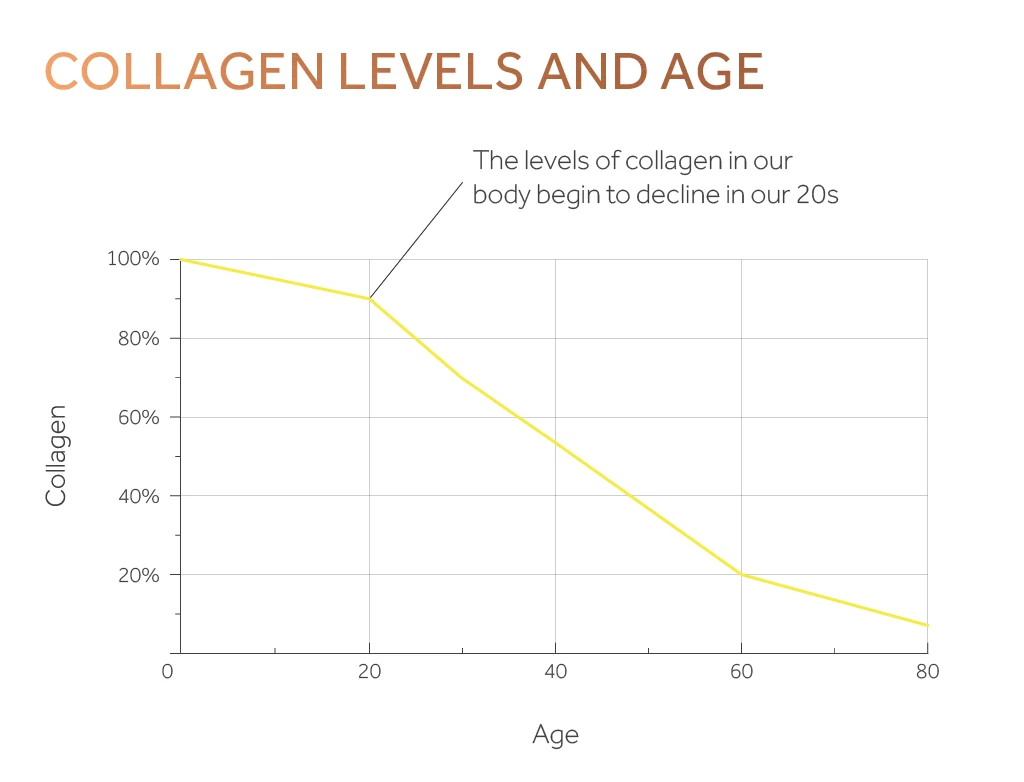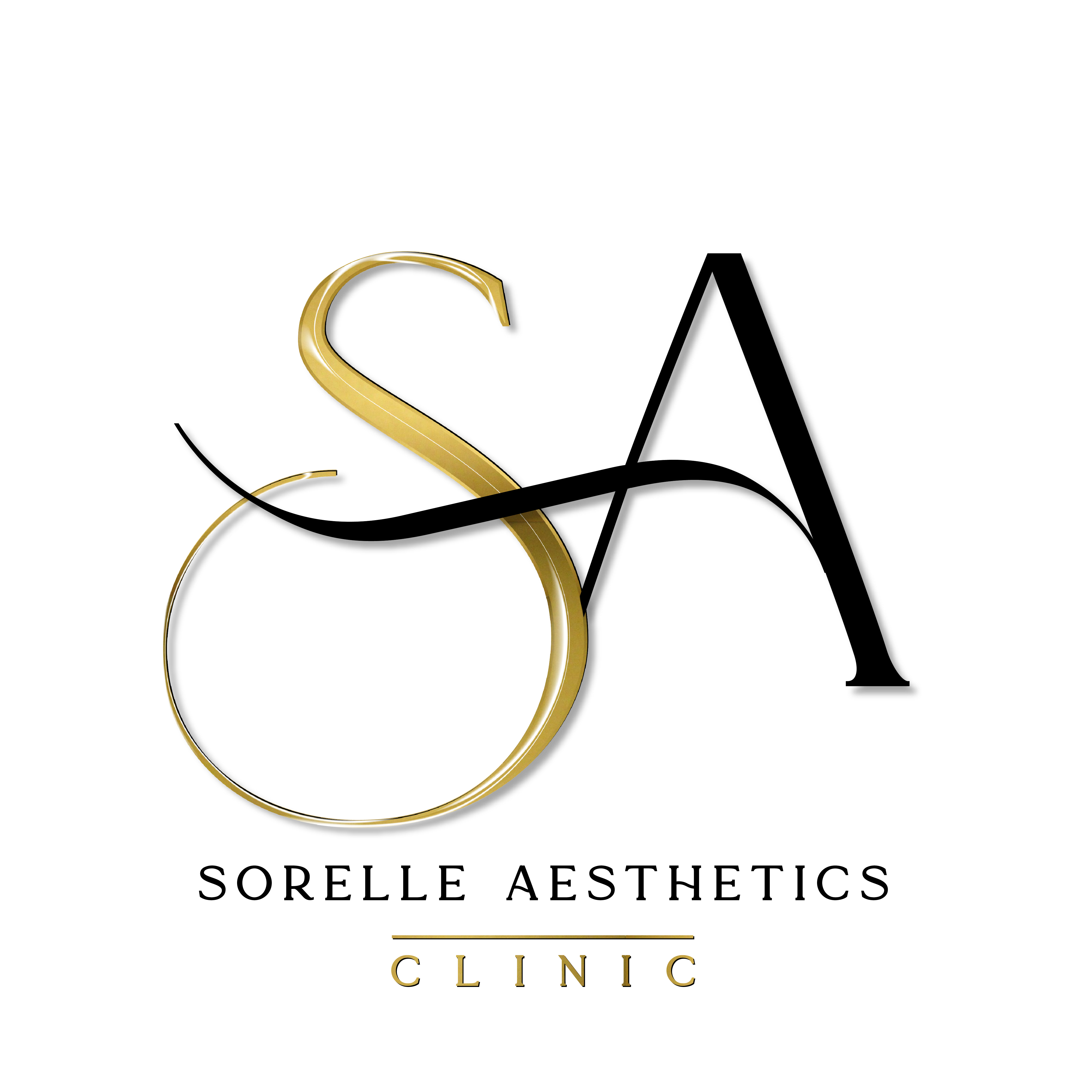Collagen, the most abundant protein in the human body, plays a crucial role in maintaining skin health. As individuals age, exposure to sun, poor nutrition, and lifestyle choices can diminish collagen production, leading to wrinkles, sagging skin, and other signs of aging. However, adopting a collagen-boosting diet rich in essential nutrients can significantly contribute to maintaining healthy and vibrant skin.
Understanding Collagen
What is Collagen?
Collagen is a structural protein that provides strength, elasticity, and support to various tissues, including the skin. It forms a network of fibres that gives skin its firmness and suppleness.
Functions of Collagen in the Skin
Collagen is essential for skin integrity, helping to maintain hydration, promote elasticity, and resist the formation of wrinkles. It also plays a role in wound healing and preventing the breakdown of skin cells.

Factors Affecting Collagen Production
Aging
As we age, the body’s natural collagen production decreases, leading to visible signs of aging such as fine lines and wrinkles.
Sun Exposure
Excessive sun exposure can accelerate collagen breakdown, contributing to premature aging. UV rays can damage collagen fibers, reducing the skin’s ability to repair and renew.
Poor Nutrition
A diet lacking in essential nutrients required for collagen synthesis can hinder the body’s ability to produce this vital protein.
Lifestyle Choices
Smoking and excessive alcohol consumption are known to negatively impact collagen production and contribute to premature aging of the skin.
Essential Nutrients for Collagen Synthesis
Vitamin C
Sources: Citrus fruits (oranges, kiwi, strawberries), bell peppers, and broccoli.
Importance: Vitamin C is crucial for collagen formation, acting as a cofactor in the enzymatic reactions that synthesize collagen molecules.
Proline
Sources: Meat, dairy products, and certain vegetables (asparagus, spinach).
Role: Proline is an amino acid essential for the structure of collagen, contributing to its stability and strength.
Glycine
Sources: Fish, meat, dairy, and legumes.
Significance: Glycine is a key component of collagen, contributing to its structure and function.
Copper
Sources: Shellfish, nuts, seeds, and whole grains.
Contribution: Copper is necessary for collagen cross-linking, which enhances the strength and stability of collagen fibres.
Foods for Collagen Boosting
Fish and Seafood
1. Salmon: Rich in omega-3 fatty acids and astaxanthin, which promote collagen production.
2. Prawns: Contains high levels of zinc, supporting collagen synthesis.
3. Shellfish: A good source of copper, crucial for collagen cross-linking.
Bone Broth
1. Nutrient Content: Contains collagen, amino acids, and minerals important for skin health.
2. Homemade vs. Store-bought: Homemade bone broth is preferred for its higher nutrient content.
Citrus Fruits
1. Oranges: High in vitamin C, essential for collagen synthesis.
2. Kiwi: Rich in vitamin C and antioxidants supporting skin health.
3. Strawberries: Provide vitamin C and manganese, promoting collagen formation.
Leafy Greens
1. Spinach: Contains vitamins A and C, essential for collagen production.
2. Kale: A nutrient-dense leafy green with vitamins and minerals supporting skin health.
Nuts and Seeds
1. Almonds: Rich in vitamin E and copper, beneficial for collagen production.
2. Sunflower Seeds: Provide vitamin E, essential for skin hydration and elasticity.
Incorporating Collagen-Boosting Foods into Your Diet
Sample Meal Plan
Breakfast: A fruit and yogurt parfait with strawberries and almonds.
Lunch: Grilled salmon salad with leafy greens, bell peppers, and a citrus vinaigrette.
Dinner: Stir-fried prawn with asparagus and quinoa.
Snack Ideas
-
- Greek yogurt with kiwi slices.
-
- Raw vegetables with hummus.
-
- Mixed nuts and seeds for a nutrient-packed snack.
Other Habits for Healthy Skin
Hydration
Adequate hydration supports skin elasticity and helps maintain a healthy complexion. Try to drink a minimum of 2l of water per day
Sun Protection
Regular use of sunscreen protects the skin from harmful UV rays, preventing collagen damage. This is non negotiable when we want to protect out skin. 365 days per year
Regular Exercise
Physical activity promotes blood circulation, delivering essential nutrients to the skin and supporting collagen synthesis.
Skincare
Maintaining a healthy complexion involves more than just choosing the right skincare products; it also entails adopting healthy habits. Having a consistent skincare routine, featuring cleansers, moisturizers, actives and sunscreen, form the foundation of daily care. Incorporating products with collagen-boosting ingredients, such as vitamin C, niacinamide, peptides, retinol and hyaluronic acid, can enhance skin elasticity and hydration.
However, complementing these routines with professional facials provides a deeper level of care. Professional facials, tailored to individual skin needs, offer deep cleansing, cellular turnover, and total skin rejuvenation. Our Skin Rejuvenation “The Glow” facial is customized to address specific skin concerns, it promotes a healthier and more youthful appearance. Combining a regular at-home skincare routine with professional facials establishes a holistic approach to skincare, maximizing the benefits of both daily care and expert interventions for optimal skin health.
Avoiding Smoking and Excessive Alcohol
Both smoking and excessive alcohol consumption contribute to collagen breakdown and premature aging of the skin.
Supplements for Collagen Support
Collagen Supplements
1. Types of Collagen Supplements: Collagen peptides, collagen protein powder. After doing lots of research on the market, the best collagen supplement I found is Collagen Shots® by Rejuvenated. They are an award winning sustainably sourced Collagen supplement drink promoting more youthful skin by reducing fine lines and wrinkles, and increasing skin hydration and elasticity. They contain a blend of 10,000 mg of hydrolysed marine collagen, antioxidants, vitamins and hyaluronic acid. They are also gluten free and dairy free.
2. Considerations before Taking Supplements: Consultation with a healthcare professional and choosing high-quality supplements.
Other Supporting Supplements
1. Vitamin E: A powerful antioxidant supporting skin health.
2. Zinc: Essential for collagen synthesis and wound healing.
Conclusion
In conclusion, maintaining healthy and youthful skin involves a 360 approach. Adopting a collagen-boosting diet rich in essential nutrients, along with positive lifestyle choices, and using the right skincare products can significantly contribute to skin health.
By incorporating foods like fish, bone broth, citrus fruits, leafy greens, nuts, and seeds into daily meals, you can support collagen synthesis and promote overall skin well-being. Additionally, practicing good hydration, sun protection, regular exercise, and avoiding harmful habits contribute to a comprehensive approach to skin health, emphasizing long-term benefits and a radiant complexion. We can change the way we age!
